Hi there, pet lovers! 🐦
Quail are often overlooked compared to chickens or parrots, but these small, fascinating birds are full of personality and can be both practical and enjoyable companions. Known for their delicate size, gentle temperament, and delicious eggs, quail have been domesticated for centuries. Whether you are interested in raising them for their eggs, keeping them as charming aviary pets, or even exploring them as additions to a homestead, quail are versatile birds worth considering.
In this detailed review, we’ll walk through everything you need to know about quail—from their temperament and care requirements to their health, availability, and costs. Whether you’re planning to start with just a few or build a larger flock, this guide will help you make an informed decision.
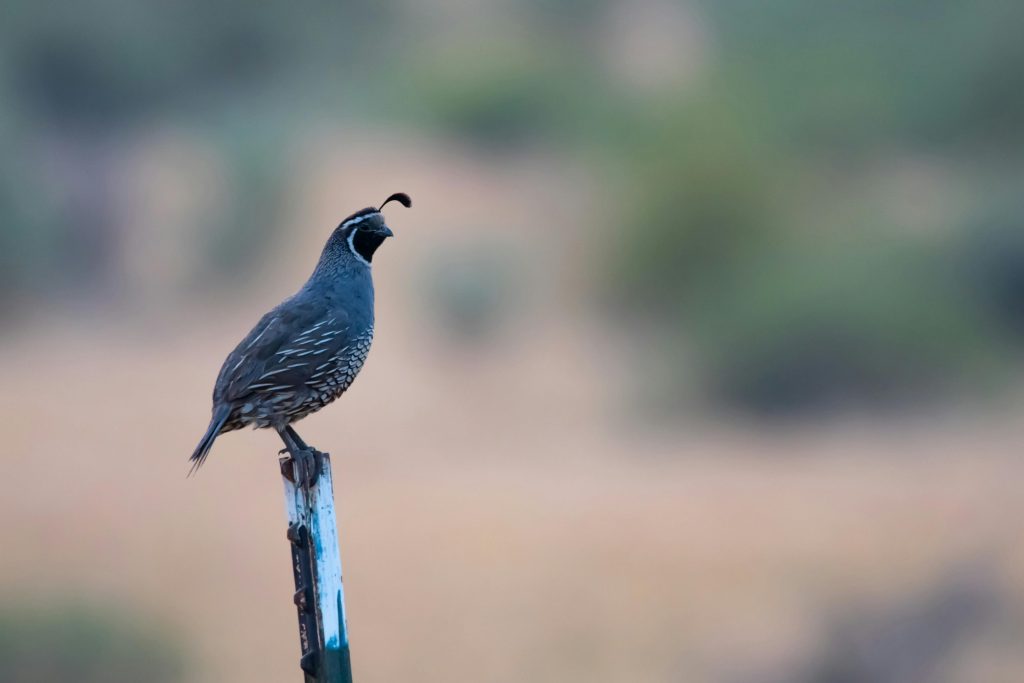
Overview
Quail are small ground-dwelling birds that belong to the pheasant family (Phasianidae). They are kept worldwide for their eggs, meat, and increasingly as pets due to their manageable size and low space requirements. Here’s a quick summary of what makes them unique:
Handling and Temperament: Gentle, skittish, and not ideal for cuddling but pleasant to observe.
Care and Maintenance: Require proper housing with protection, clean bedding, and fresh food/water.
Health and Durability: Hardy birds when well-kept but prone to stress-related issues.
Availability: Readily available through breeders and farm suppliers.
Cost: Affordable to purchase and maintain.
Overall: A practical and charming bird for both hobbyists and small-scale farming.
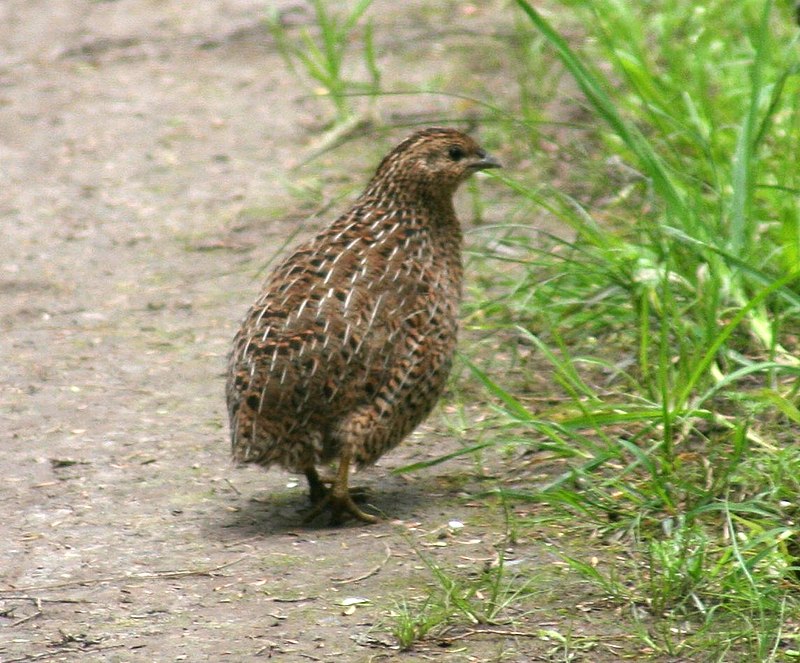
Why Choose Quail?
Quail offer a unique balance between practicality and enjoyment. Unlike larger poultry, they take up little space and are remarkably quiet, which makes them suitable for both rural and urban settings. Their eggs are highly nutritious, often considered a delicacy, and they can lay between 200–300 eggs per year depending on the species and conditions.
For those not focused on productivity, quail still make excellent additions to a backyard aviary or homestead. Their small size and interesting behaviors—such as dust bathing, calling, and foraging—make them fun to watch. Quail are not birds for cuddling or close handling like parrots, but they are rewarding in their own way.
Handling and Temperament
Quail are gentle but shy birds. They are not aggressive, but they are naturally skittish and prefer minimal handling. They thrive when observed rather than frequently touched.
Personality Traits
- Calm but flighty: Quail startle easily and may attempt to fly short distances when frightened.
- Quiet: Unlike roosters, quail males have a soft call that is not disruptive, making them suitable for neighborhoods.
- Flock-oriented: Quail feel most secure in small groups, and keeping them in pairs or flocks is highly recommended.
Handling Tips
- Limit direct handling to necessary occasions such as health checks or moving them.
- Move slowly around them to reduce stress.
- Avoid letting small children handle quail unsupervised, as their small size makes them delicate.
Quail are better appreciated for their observational value than for hands-on interaction, but this does not make them any less enjoyable to keep.
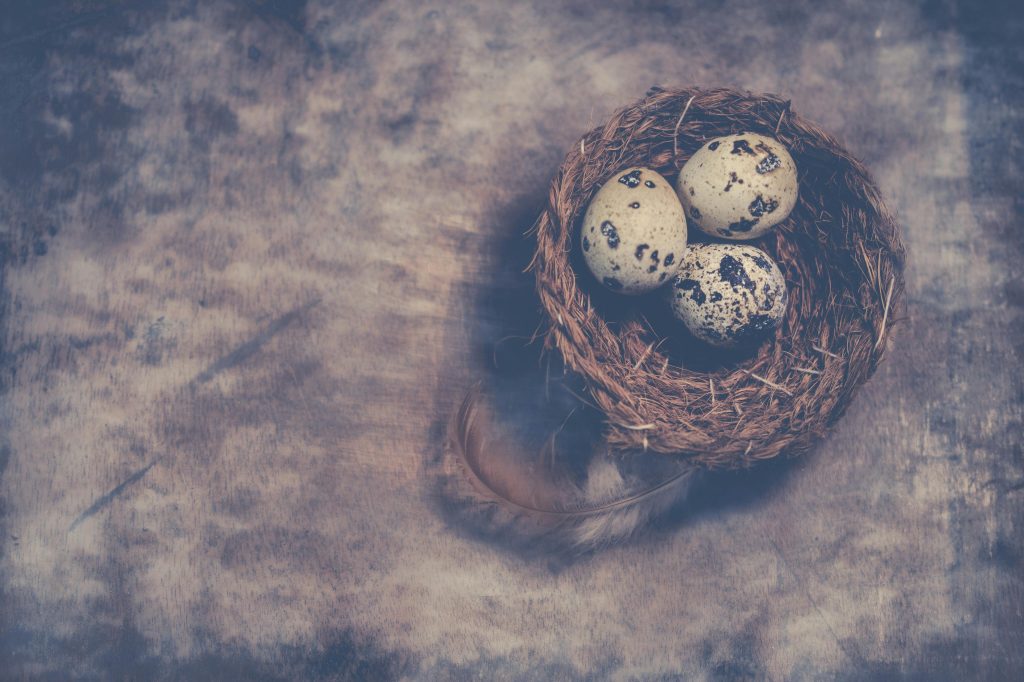
Care and Maintenance
Caring for quail is relatively simple, but they do have specific needs to stay healthy and happy.
Housing Requirements
- Space: A minimum of 1 square foot per bird is required, but more space improves comfort.
- Enclosure: Quail must be kept in a secure enclosure with a roof, as they are vulnerable to predators such as cats, hawks, and rats.
- Flooring: Wire flooring is sometimes used for cleanliness, but solid flooring with bedding such as pine shavings, sand, or straw is more comfortable.
- Shelter: Provide covered areas to protect from rain, wind, and extreme heat.
- Dust baths: A shallow container filled with sand or fine dirt is essential, as quail naturally dust-bathe to keep their feathers clean.
Feeding
Quail have simple dietary needs but require balanced nutrition:
- Feed: A high-protein game bird or quail feed (around 20–24% protein) is recommended.
- Supplements: Grit should be provided if they are given seeds or greens, to help with digestion.
- Treats: They enjoy small seeds, mealworms, and fresh greens.
- Water: Clean, fresh water must always be available. Quail can become dehydrated quickly.
Environment
- Temperature: Quail tolerate a wide range of climates but should be sheltered from extreme cold and heat.
- Lighting: For optimal egg production, quail require 14–16 hours of light per day.
Quail are adaptable, but their small size makes them more vulnerable than chickens, so proper housing is essential.
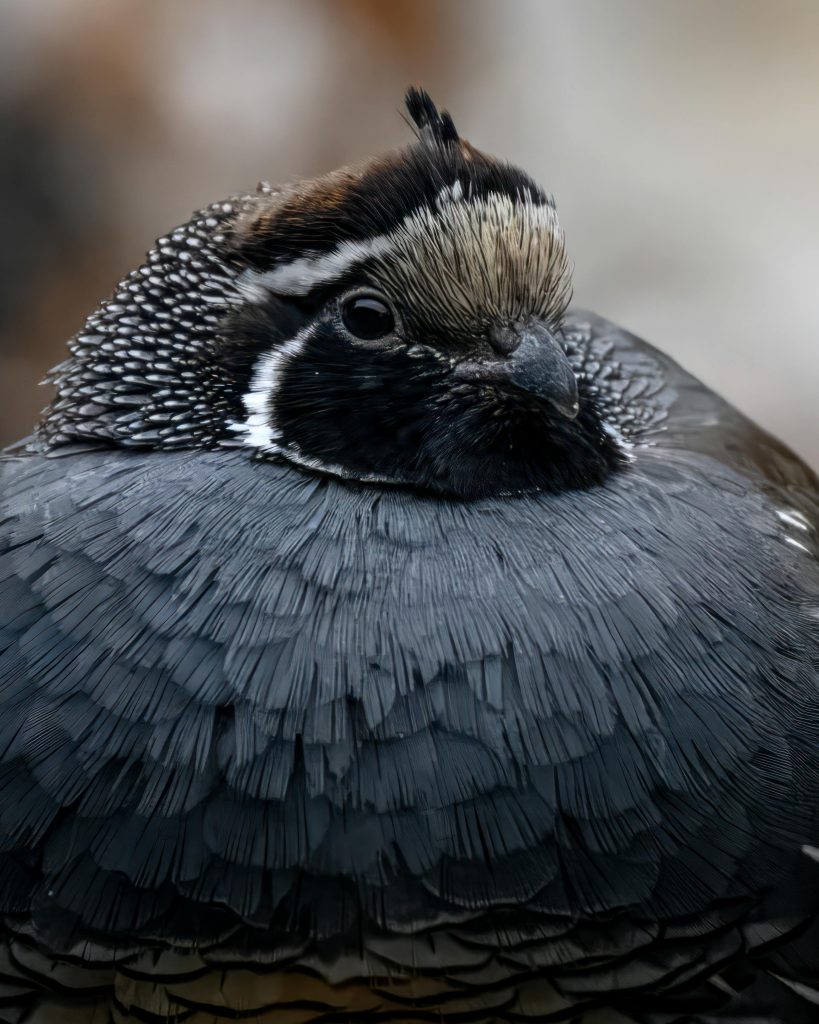
Health and Durability
Quail are generally hardy birds when given proper care, but they are prone to stress and overcrowding issues.
Common Health Issues
- Stress-Related Injuries: Flighty quail may injure themselves by flying into wire enclosures.
- Parasites: Both internal (worms) and external (mites, lice) parasites can occur if housing is not kept clean.
- Egg Binding: Female quail may occasionally suffer from difficulty passing eggs.
- Respiratory Issues: Poor ventilation or damp conditions can lead to illness.
Preventative Care
- Keep housing clean and dry.
- Ensure proper ventilation.
- Provide a balanced diet and adequate space.
- Minimize sudden loud noises or disturbances.
With proper care, quail typically live 2–4 years, although some may live longer in ideal conditions.
Availability and Cost
Quail are easy to obtain and relatively inexpensive compared to many other birds.
Where to Buy
- Breeders and Farms: The most reliable source for healthy quail.
- Hatcheries: Many sell hatching eggs, chicks, or adults.
- Local Markets: In some regions, quail are commonly sold for eggs or meat.
Costs
- Bird Price: $2–$5 for chicks, $10–$15 for adults depending on breed.
- Setup Cost: Around $50–$150 for basic housing, though larger aviaries may cost more.
- Ongoing Costs: Feed is the primary expense but remains affordable compared to larger poultry.
Quail are one of the most cost-effective poultry species to raise, especially considering their high egg output.
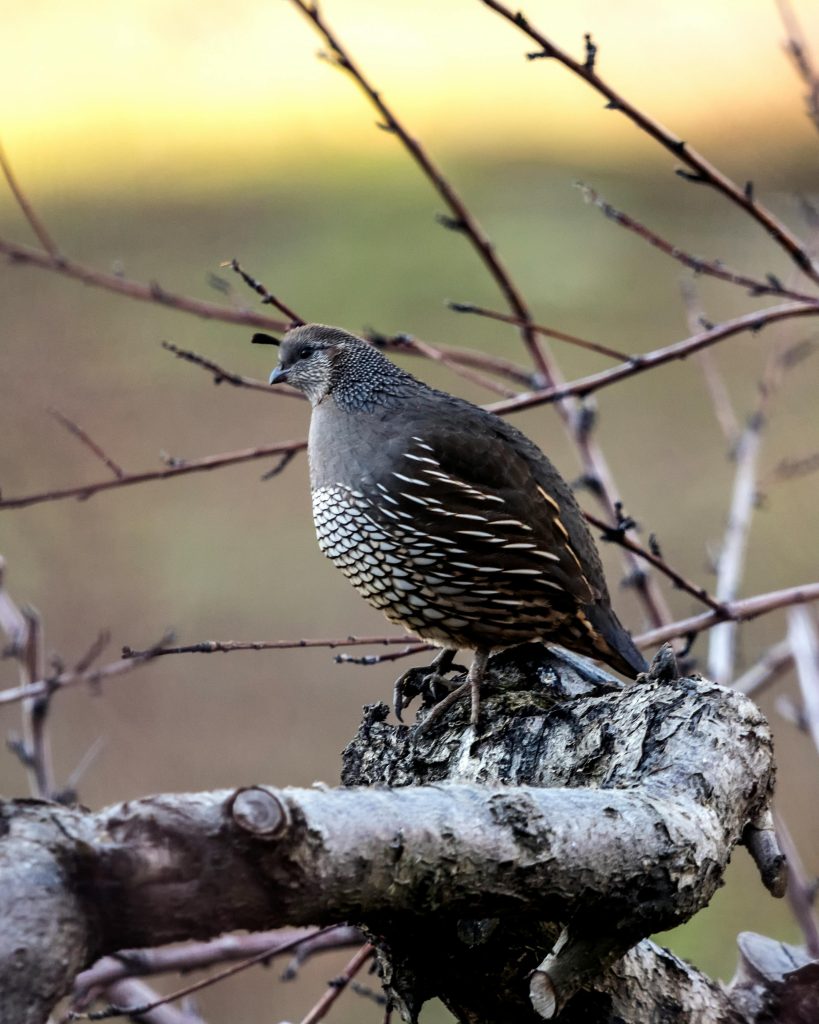
Pros and Cons
Pros
- Small size and low space requirements.
- Quiet compared to chickens or ducks.
- High egg production with minimal feed.
- Affordable to purchase and raise.
- Interesting behaviors and flock dynamics.
Cons
- Not suited for cuddling or close interaction.
- Can be fragile and prone to stress.
- Require predator-proof housing.
- Shorter lifespan compared to parrots or chickens.
Final Thoughts
Quail are an excellent choice for anyone looking for a small, manageable, and practical bird. They are not pets in the traditional sense like parrots or doves, but they offer their own unique charm. Whether you want fresh eggs, a quiet flock to observe, or a simple way to start with poultry, quail are one of the easiest and most rewarding options.
Their affordability, productivity, and gentle nature make them accessible for beginners, while their interesting behaviors and wide range of breeds keep them appealing for experienced bird keepers. With the right setup and care, quail can bring both utility and enjoyment to any household or homestead.
If you’ve raised quail before, you know how delightful these little birds can be. For those just starting out, they’re a fantastic entry point into the world of poultry. 🐦

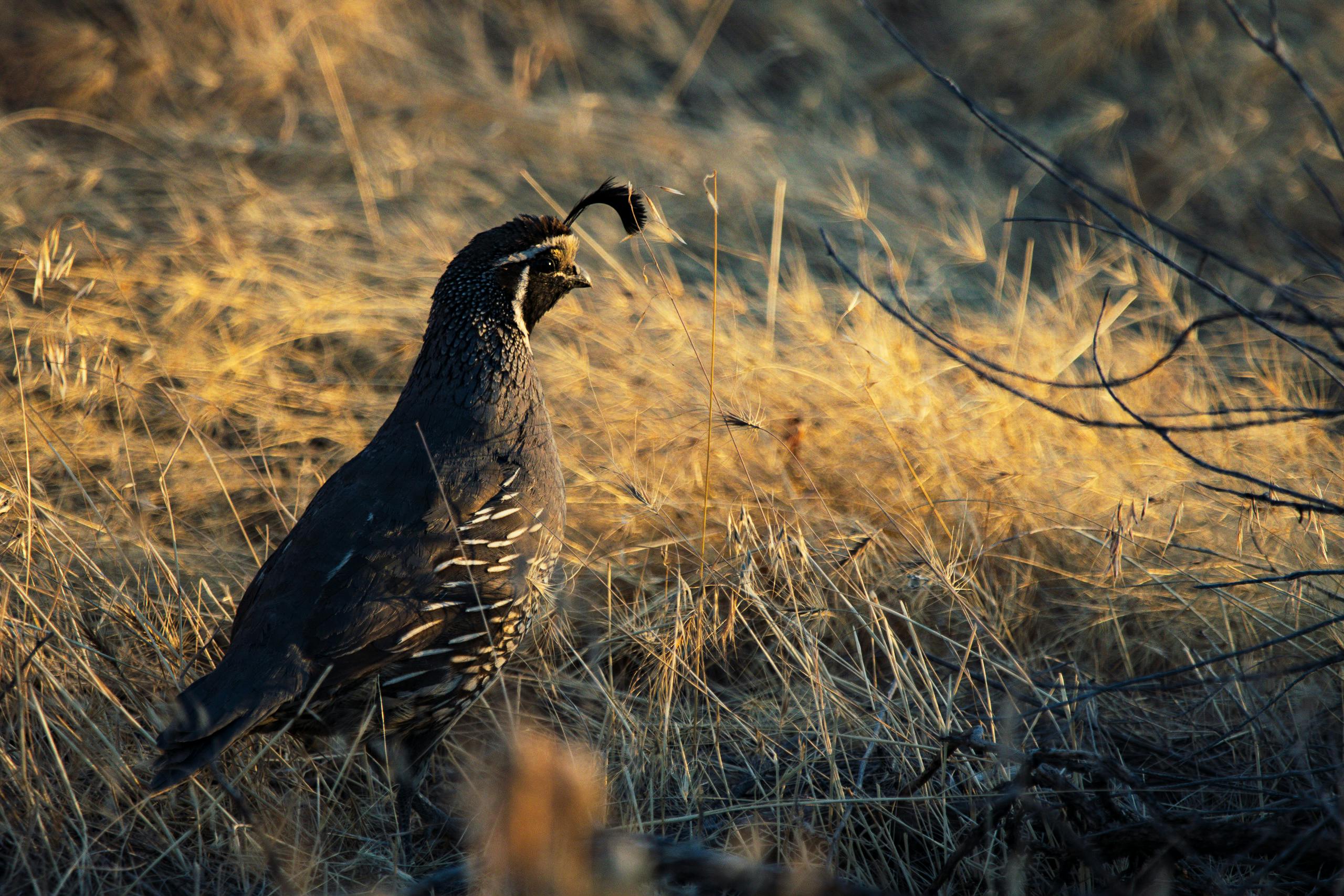

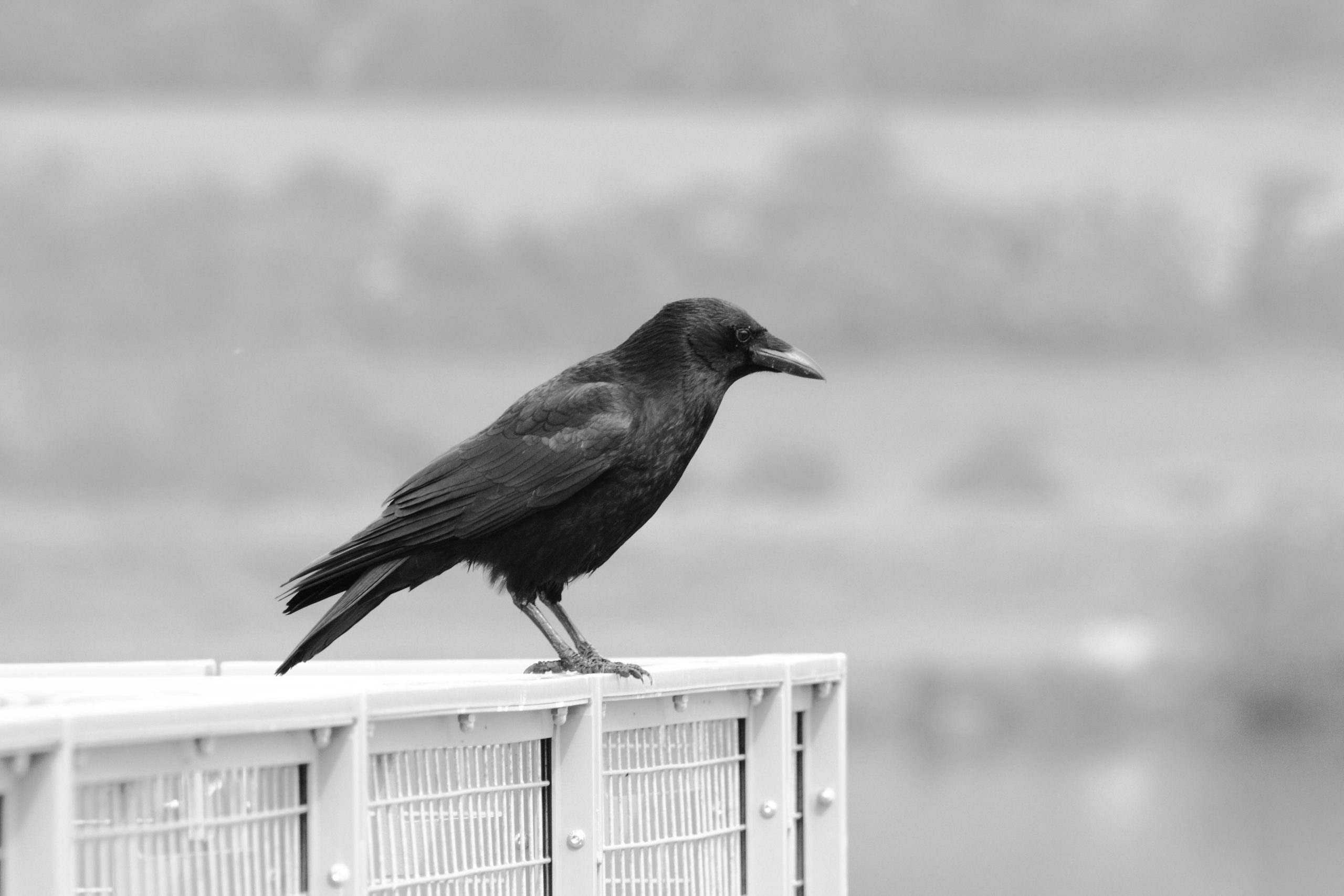
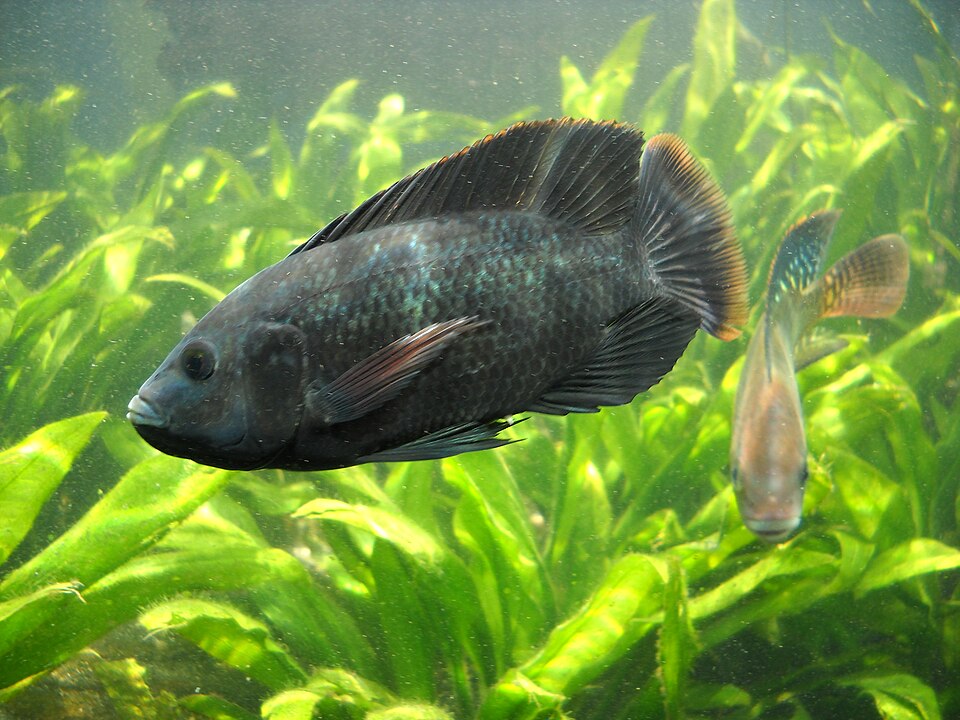
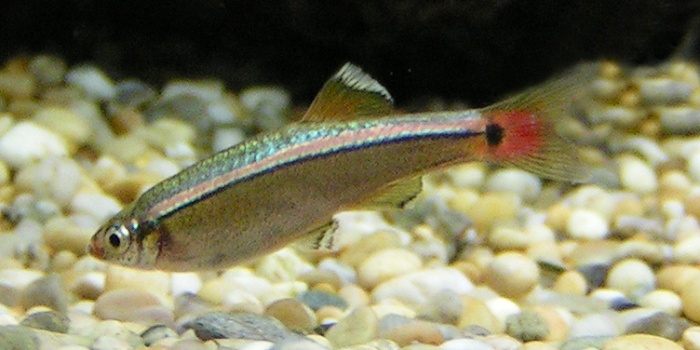
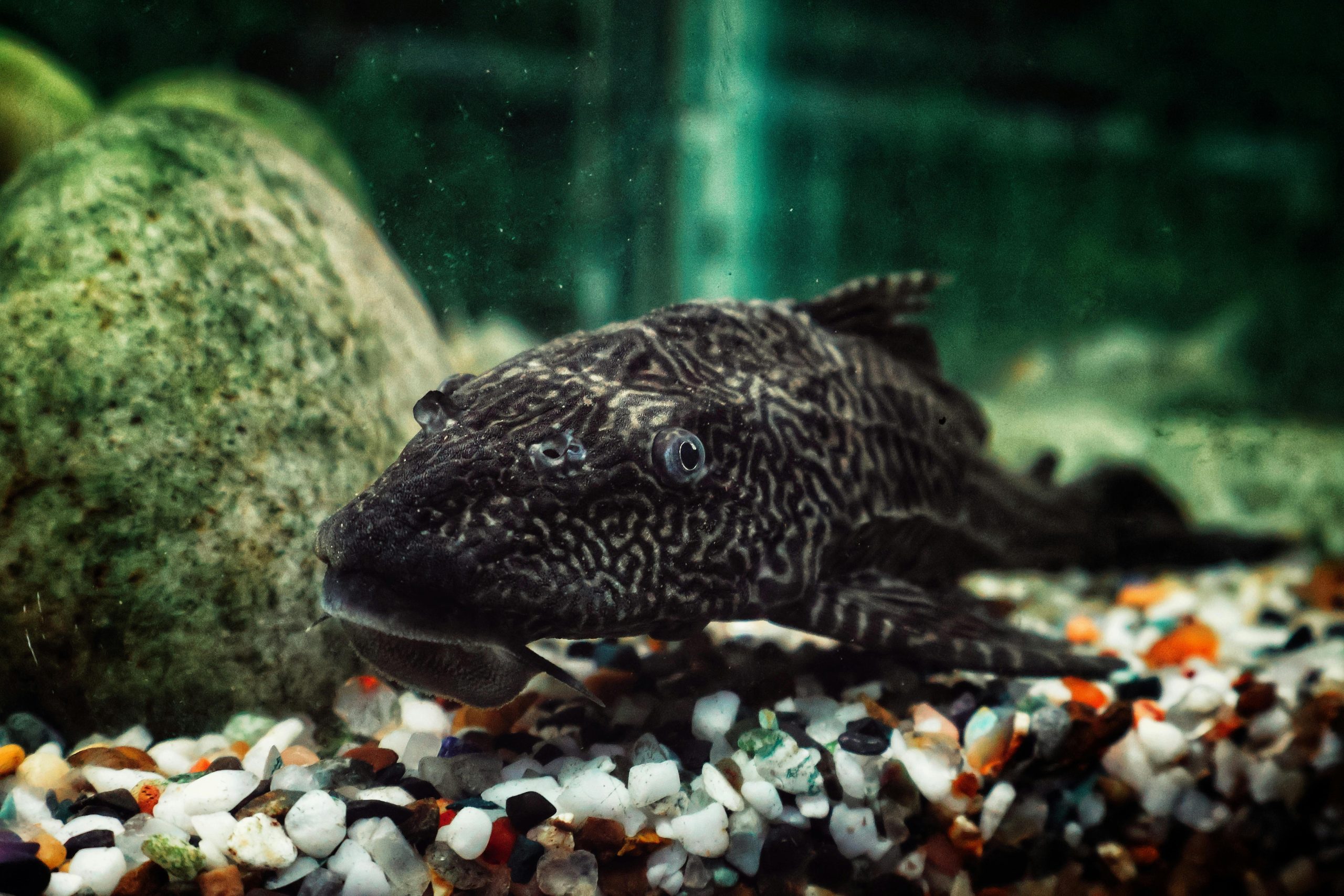
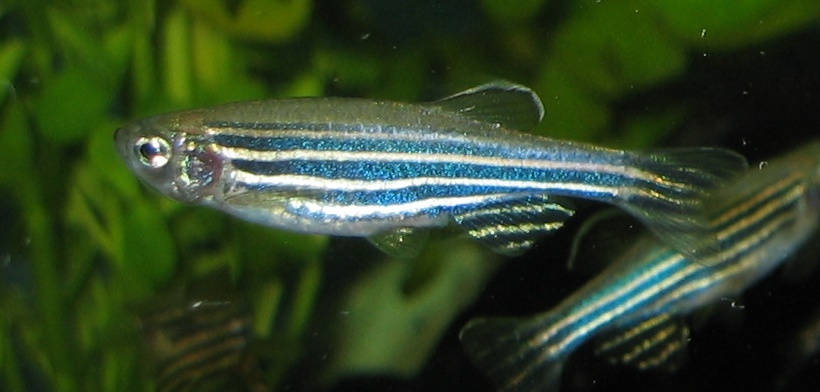
Leave a Reply